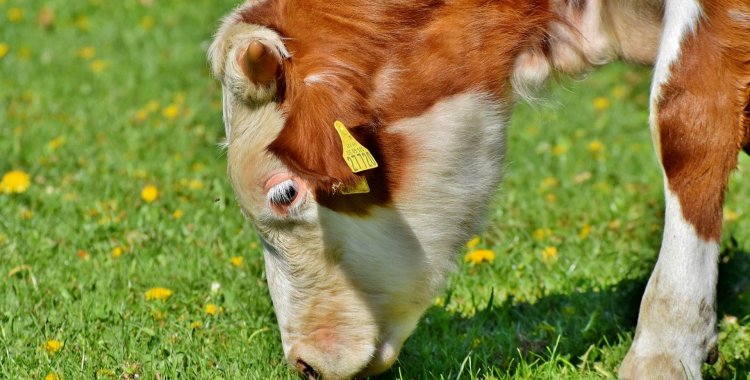According to a note from FRESAN - Program for Strengthening Resilience and Food and Nutritional Security in Angola, 200 thousand cattle are expected to be vaccinated in Namibe province, 650,000 in Cunene and 560,200 in Huíla.
The campaign started on the 17th of March in Huíla, with a duration of 90 days, followed by Namibe on the 30th of April, with a duration of 60 days, and in Cunene on the 26th of May, for 90 days.
The program's objective is to support the reinforcement of animal health measures, through the vaccination of 1,410,200 cattle in 17 municipalities where FRESAN intervenes, stresses the note, adding that its intervention is mainly in the acquisition of equipment for storage and conservation. of vaccines, in order to guarantee a cold chain that safeguards the initial characteristics to ensure immunity.
The Institute of Veterinary Services (ISV) is leading the vaccination campaign, which also aims to improve animal health in southern Angola, through the eradication of the main cross-border diseases.
FRESAN identified problems in the cold chain, with regard to the transport and proper handling of vaccines, under conditions that safeguard the quality and immunobiological efficacy.
"Once the need was identified, the circuit was analyzed, considering the storage at the ISV facilities in each province, the equipment available at the municipal storage level and, finally, the equipment for transport and conservation during the act of vaccination in the mangoes ", stresses the note.
In this sense, FRESAN supported the campaign with the acquisition of two 20-foot cold rooms; the distribution of 32 freezers and 64 gas bottles for conservation at the municipal level; 46 coolers of 15 liters and 11 of 26 liters, for the vaccinator brigades to transport the vaccines to the mangoes; 257 working suits for livestock handlers; the repair of three cold rooms for provincial storage; the maintenance of ten vehicles in the ISV fleet; and 88 accumulators.
The campaign involves 50 ISV technicians and 328 cattle handlers elected by the communities, trained to provide support services to the ISV for carrying out the vaccination campaign.
"The FRESAN program, co-managed by Camões, IP and financed by the European Union, thus recognizes that the increase in the domestic production of animal protein depends to a large extent on prophylactic programs to prevent the emergence of diseases, with the vaccination of cattle herds belonging to family herders of particular importance for the promotion of food security", describes the document.
The mandatory vaccination campaign covers four endemic diseases in the country's cattle herd: contagious bovine pneumonia, hematic anthrax, symptomatic anthrax and nodular dermatitis.







